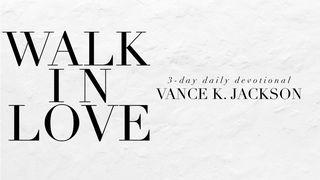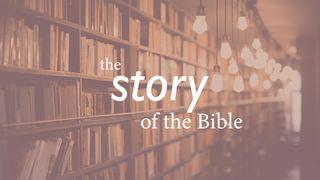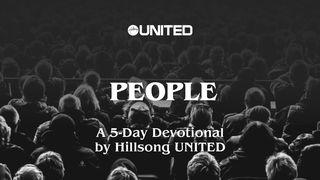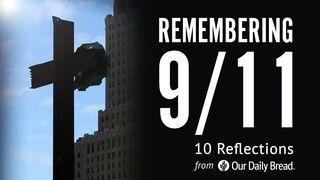Whole Life, Whole Bible: Journey through ScriptureSample
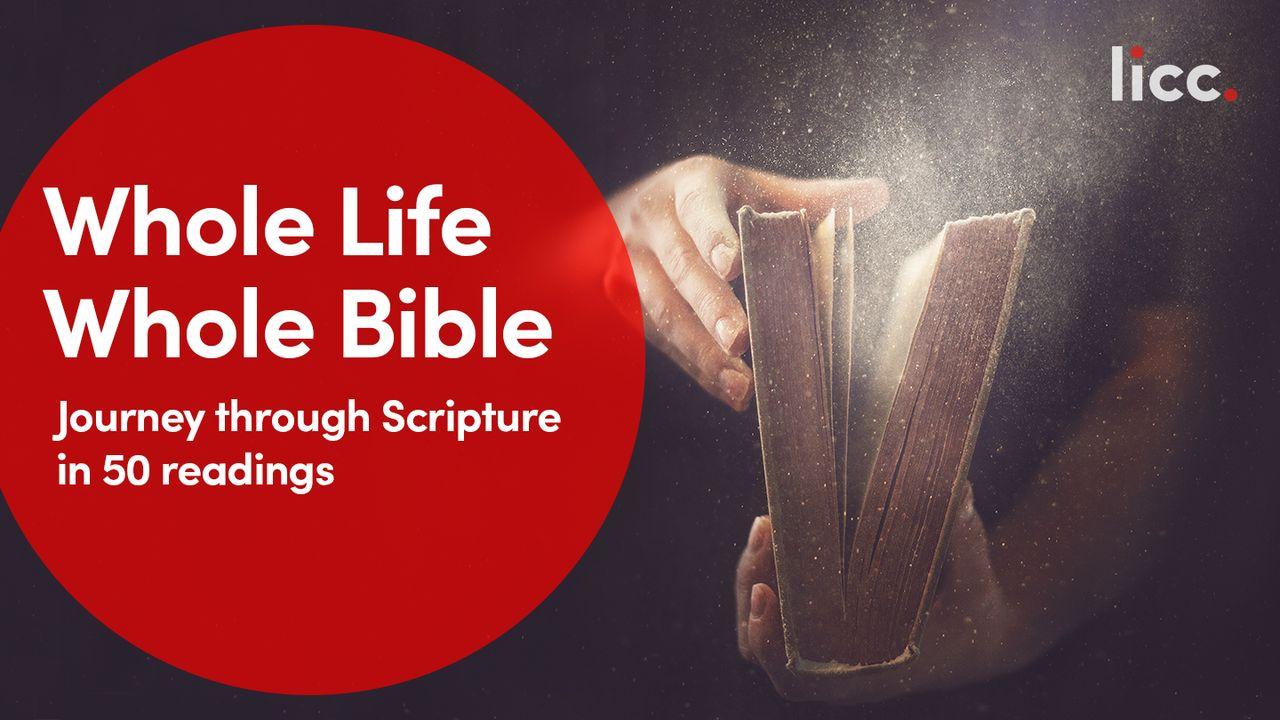

47: Soul or body?
One of the major dimensions of the end of all things is the final resurrection. Indeed, the phrase from the Apostles’ Creed, ‘I believe in the resurrection of the body’, reminds us that the goal of our salvation is not an immortal, immaterial soul but a glorious body.
Confusion surrounding the concept of ‘eternal life’ arguably goes right back to the culture prevalent at the time of the early church. It is commonly thought that Christians believe in the ‘immortality of the soul’. But this was a Greek concept, put forward by (among others) Plato in his Dialogue Phaedo, in which he contrasts the pre-existent immortal soul with the corruptible human body. It is possible that Hellenistic converts to Christianity held this dualistic belief but Paul does not accept it. ‘The perishable,’ he wrote, ‘must clothe itself with(or put on) the imperishable, and the mortal with immortality’ (1 Corinthians 15:53).
As long as we think of an immaterial, spiritual ‘heaven’, we’re likely to find it difficult to conceive of what Tom Wright, in his masterly book Surprised by Hope, describes as ‘a new mode of physicality’. But if, along with the apostle Paul, we conceive of Christ’s return as inaugurating not only a new heaven but also a new earth, this physicality makes perfectly good sense. Wright suggests that the contrasting adjectives in 1 Corinthians 15:44 are misleadingly translated as ‘natural’ or ‘physical’, and ‘spiritual’. Rather, he says, the contrast is between the present body, which is ‘animated’ by the human soul, and the future body, which is animated by the Spirit, ‘God’s breath of new life’.
This way of understanding, astonishingly, liberates us from two of our great dilemmas about the future life: first, ‘Shall we be able to recognise each other?’ and second, ‘Will all my present physical characteristics, many of which seem to me unattractive, be there for all to see throughout eternity?’ Jesus is described in 1 Corinthians as ‘the firstfruits of those who have fallen asleep’ (15:20). So, as we look at his resurrection body, we get a glimpse of what it may be like for us — the individual essence of each of us ‘in beauty glorified’, recognisable yet transformed.
Meanwhile, this resurrection hope flows back into our lives, shaping the way we think, speak, and live as we embody God’s all-encompassing salvation in the here and now.
For further reflection and action
- How far are your own beliefs about life after death consistent with each other? How far do they tie up with scripture?
- How should our understanding of the resurrection body shape our attitude to our present bodies? Can we learn to thank God for the bodies he has given us, as well as praising him for what they will be?
- How might we seek, in the large and small areas of our lives, to make the world a better place, in preparation for the physical return of Jesus?
Scripture
About this Plan

This 50-day reading plan walks you through the story of the whole Bible, and helps you reflect on how it shapes your whole life – at home, at work, in the neighbourhood. The bite-size readings and real-life application questions help illuminate God’s plan to renew all areas of life. Written by Antony Billington, Helen Parry, and Margaret Killingray, from the London Institute for Contemporary Christianity (LICC). Originally published by BRF.
More
We would like to thank LICC - The London Institute for Contemporary Christianity for providing this plan. For more information, please visit: https://www.licc.org.uk/about


